The Righteous Mind: Why Good People Are Divided by Politics and Religion (Jonathan Haidt)
This book is all about the reasons why people are so divided on political and moral issues. It covers the psychology of human morality, and how our emotions and intuition shape our beliefs and opinions. Our moral foundations (in essence what our shared community finds morally okay or repugnant) influence our political and religious views, and these differing perspectives can lead to conflicts and divisions. Haidt uses a mix of research and personal anecdotes to provide a great overview of the reasons why good people can disagree. If you're interested in the intersection of morality, psychology, and political science, this is a must-read!
Evicted: Poverty and Profit in the American City (Matthew Desmond)
This book is an incredibly eye-opening look into the impact of evictions on families in America. Desmond shares rigorous sociological research and personal accounts of tenants and landlords based in Milwaukee to show how evictions dramatically alter the lives of those impacted. I'm not going to lie, this is a depressing read, but it's an important one.
One of the key learnings I had after reading this book was that in some cities, landlords get fined when their tenants call the police, even in instances of domestic violence. This makes a dire situation all the worse for people facing domestic violence: would you call the police to protect yourself and possibly your children if it meant risking losing your home?
Coders: The Making of a New Tribe and the Remaking of the World (Clive Thompson)
Dive deep into the world of programming and the people responsible for creating the digital tools that shape our daily lives. This book is an anthropological look at the world of coding and digs into the morality and politics of code, as well as major controversies. You'll also get a brief history of the field, starting with the pioneering women who were the first coders.
Thompson interviews some of the great programmers of our time, including the creators of Facebook's News Feed and Google's AI, and ponders the implications of coding for civic life and the economy. Through his own personal experiences, Thompson gives readers a close-up look at what superb programming entails and why it matters in understanding the world today.
Putin Country: A Journey Into the Real Russia (Anne Garrels)
This book is a captivating account of journalist Anne Garrels' travels across Russia, exploring the country's diverse regions and the impact of Putin's policies on the lives of ordinary citizens. It offers an insightful and nuanced portrait of Russia beyond the headlines. Through her encounters with people from all walks of life, she sheds light on the complex issues facing the country and its people, including corruption, censorship, and the growing divide between urban and rural areas.
Note: As the book was published in 2016, it is a bit dated, but I still found it to be an illuminating read on a country I was relatively unfamiliar with.
The Secret Life of Groceries: The Dark Miracle of the American Supermarket (Benjamin Lorr)
This book is an absolute treasure trove of interesting details around the history and players of the grocery business. I absolutely love a book that shows you the intricate behind-the-scenes of things we interact with on a daily basis. And the writer has such a great voice to make it all that much more interesting.
Smart Brevity: The Power of Saying More with Less (Benjamin Lorr)
This book is about how to write so people can easily understand what you're trying to say. There is absolutely a time and place for elegant prose and meandering descriptions, but for with our information-filled lives, you'll be better served with smart brevity for day-to-day writing (articles, emails, newsletters, etc.) so people know what you want them to know. Unsurprisingly, I found the style and structure of this book to be actionable and memorable. If you write words that other people read, it's worth picking up. And, of course, it's a quick read.
The Demon-Haunted World: Science as a Candle in the Dark (Carl Sagan and Ann Druyan)
Alien abductions, witchcraft, mass hallucinations. All of this is covered (and de-bunked) in this book. But this book is more of a manifesto for scientific thinking. This book was originally published in 1995, but its message still rings true today: Despite living in an information-rich era, there is a rising tide of pseudoscience that is not only leading us astray as a society but also threatening our democratic values. For a preview, check out this excerpt which often makes the rounds on social media because of its uncanny prophesying of the dilemmas we face today.
7 Books to Learn About Where We Are
Did you know?
* Today You Should Know is an affiliate for Bookshop.org, an online marketplace that supports local, independent bookstores. That means if you click on a book linked in the newsletter or on this site, we’ll receive a small commission on any books purchased in the following 48 hours.
All proceeds are donated to Room to Read, a leading nonprofit for children’s literacy and girls’ education across Asia and Africa. It’s a win-win-win: you get to read a book, small bookstores get some business, and money is donated to a great cause.







